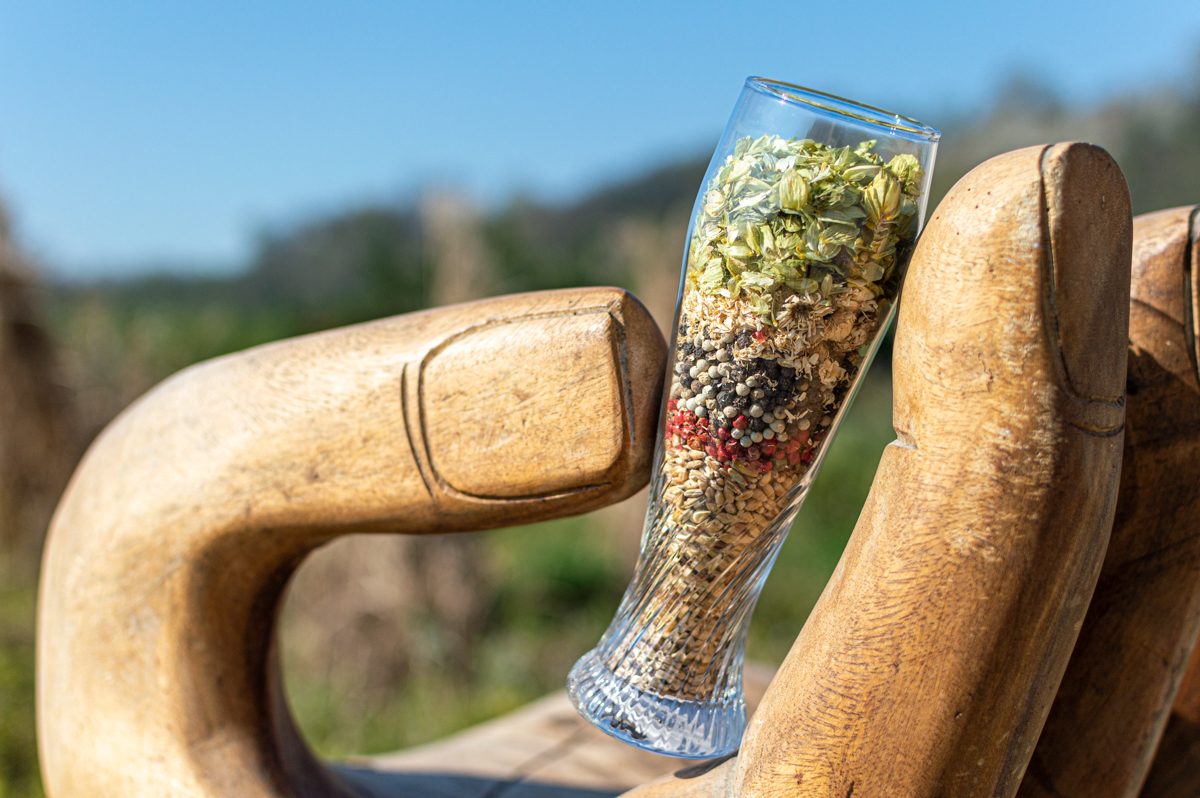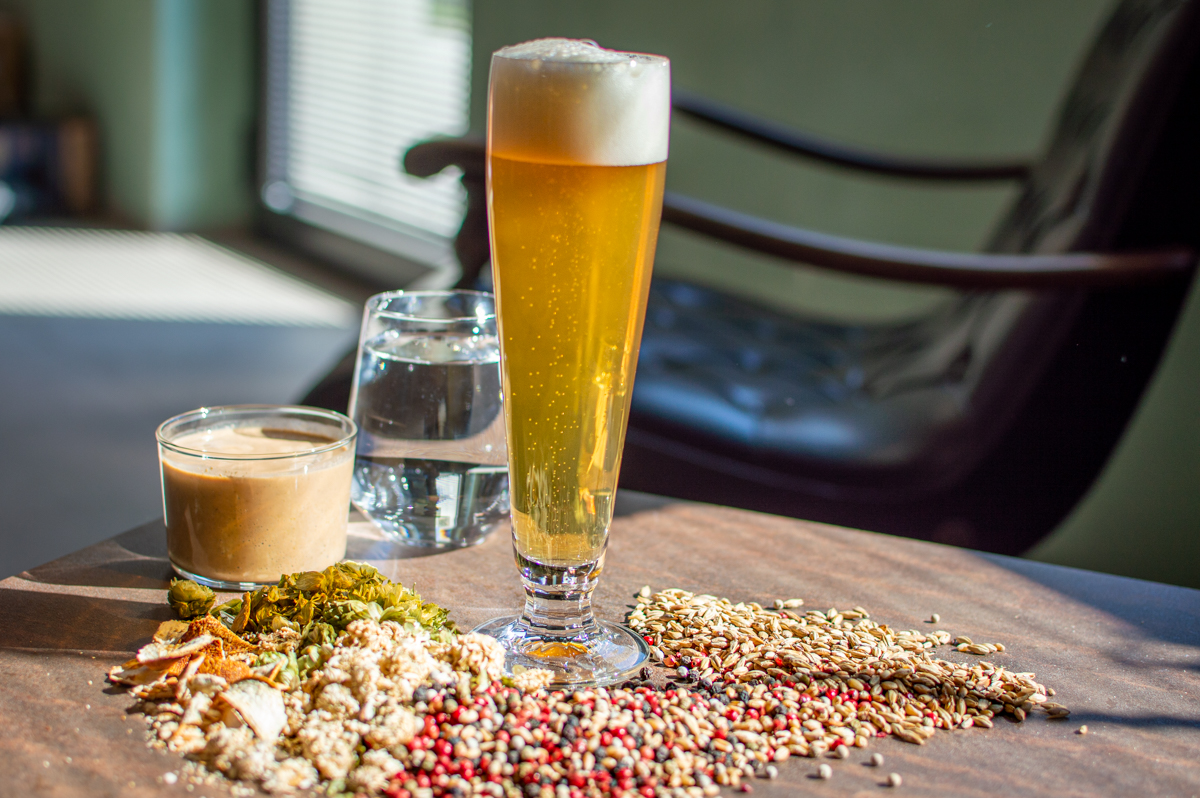The characteristics of the style, the history and ingredients of Saison beers

Talking about beer styles sometimes requires a step back in time to look at long gone habits and customs. This is exactly why it is impossible to trace back the exact origins of some beer styles, even if they are now widely produced in modern versions by breweries all over the world. Saison beers are a renowned case in point: they are a pillar of Belgian beer culture, yet their most authentic characteristics are unknown.
The link with farms
Saison is a French word meaning “season”: a great starting point to establish at least two characteristics of this style. First, the name hints at its area of origin: the French speaking part of Belgium known as Wallonia. Secondly, it suggests that this beer was consumed at a specific season of the year.
Both hints are right. Legend has it that Saison beers were drank by the so-called saisonniers during the summer. They were migrant workers who helped local farm laborers when work in the fields was more intense. Saison beers were made at the farms in Wallonia during the winter months – when fields required less work - and were then consumed during the hot season, when temperatures were too high to brew.
There’s no way to know if this version is true, but Saison beers are certainly part of the wider family of Farmhouse Ales, i.e. beers made at farms. This is not a peculiarity of Wallonia or Belgium alone, but rather a brewing habit that was widely spread in a large area of Europe - between northern France, Belgium, the Baltic region and most of Scandinavia - in past centuries. The tradition took on different names in different regions, but shared the same features everywhere: use of local ingredients and locally grown yeasts, addition of spices and use of sometimes unusual brewing techniques.
Characteristics
Historically, the key feature of Saison beers is their strong link to farmhouses. Beer was not made by professional master brewers and there were no shared rules to follow.
As a result, the Saison style is considered very flexible: it gives master brewers a lot of freedom on the ingredients and brewing techniques they decide to use. Suffice it to think that there are at least two main approaches to Saison beers: some embrace the addition of spices; others reject the use of any special ingredient other than the four basic ones (malt, hops, yeast and water).
Despite this wide variability, we can still identify some peculiarities of the style, regardless of the ingredients that are used. In general, Saison beers have a pale color and a medium alcohol content (5% - 8%), they are nicely carbonated and definitely dry. The aromatic profile is dominated by intense fruity notes (yellow-flesh and citrus fruit) and hints that can be traced back to pepper and other spices. They are only slightly bitter - although this depends on the brewer’s interpretation - balanced and thirst-quenching.
Ingredients
Given the variability of the style, the ingredients of Saison beers can vary widely. It is very common to add other grains in addition to malted barley, such as wheat, spelt, rye, oat.
The same is true for spices, although, as mentioned before, one of the interpretations of the style rejects their use and tries to obtain different hints of spices from the yeast alone. When they are used, spices enhance the phenolic profile. In this case, brewers have endless options: we can find Saison beers flavored with flowers, pepper, coriander, cardamom, citrus zest, aniseed, juniper berries or even wild herbs. It is not unusual to see honey as an additional ingredient.
Conclusions
What we now call Saison beer is probably very different from the original product that gave birth to the style centuries ago. The lack of known facts on its origin is mirrored in the flexible criteria that define it. Despite this freedom of interpretation, Saison beers are considered as one of the most representative styles of the Belgian beer-making tradition. Their strength lies in their balance and apparent simplicity: they are complex, yet easy to drink, balanced but extraordinarily satisfying, perfect to quench your thirst and drink something that is a bit different.




